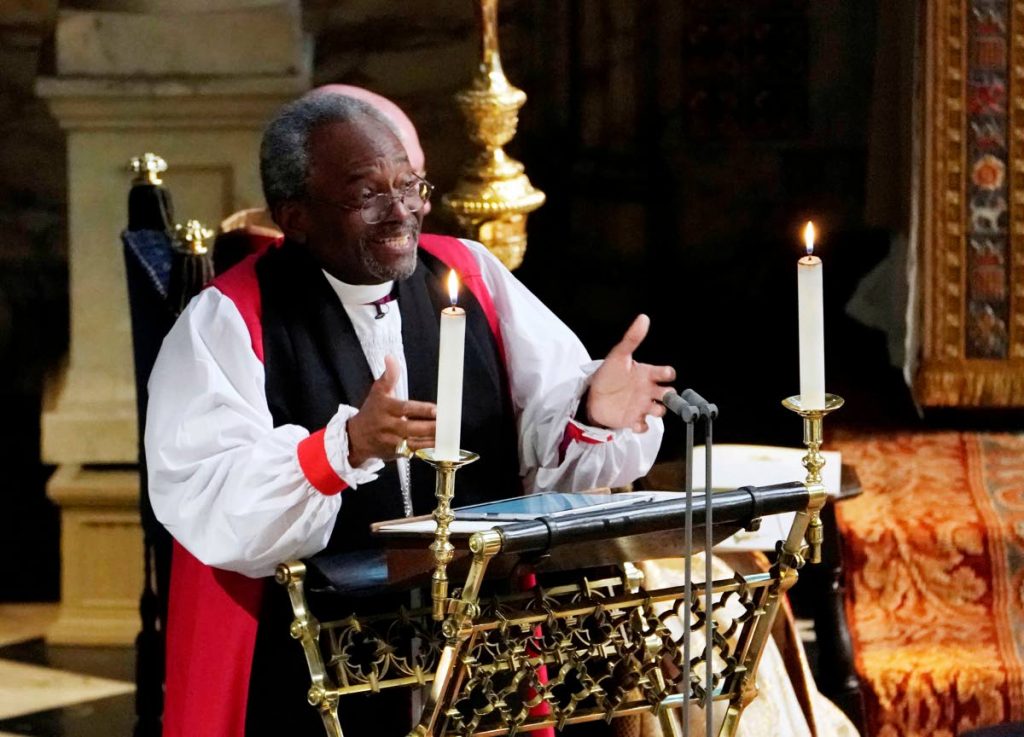No change in UK race relations

A local historian yesterday said the black presence in the wedding ceremony of Prince Harry and Meghan Markle at St George’s Chapel, Windsor Castle, should not be regarded as an improvement in race relations in the United Kingdom.
Dr Jerome Teelucksingh said while some may view the presence of the Kingdom Choir, Chicago Episcopal preacher Reverend Michael Curry and young cellist Sheku Kanneh-Mason, at the wedding, as evidence of a change in attitudes towards blacks, it also could be cosmetic. “It could be something very superficial. It might not be genuine,” he told Sunday Newsday. “Even though blacks took part in the ceremony, it will not impact significantly on race relations.
It will not mean that whites will treat blacks better suddenly because the prince married a black American woman. The racial profiling in England, in the US, in Canada, will continue.”
Teelucksingh said Markle, a bi-racial American actress, also had hand-picked the people who performed at the ceremony.
“So, what happened in a minority of that British society, the elite, will not affect the way in which the poor blacks are discriminated against. We should stop also trying to fool ourselves into believing that this is some giant step.”
He recalled there were several police killings of black people during Barack Obama’s eight-year term as US president.
“It did not mean that as Barack became president that suddenly blacks would be treated better.”
Teelucksingh, a lecturer at the St Augustine campus of the University of the West Indies, said he was very impressed by Curry’s sermon, which focussed on the redemptive power of love. “I think the sermon touched on some salient points and I believe that in this era of reparation for the descendants of enslaved Africans, that sermon is very relevant because the preacher focussed on the importance of love and creating a better world. It is something that should be put into context in an era where blacks are demanding reparations. So that sermon could also be a push for that.”
Teelucksingh said Curry’s participation in the ceremony also was significant on another front.
“Remember that slavery also existed in Britain for many years so that to see one of the descendants coming here to preach to the royalty and the elite in the British society. I saw it as ground-breaking and historic.”


Comments
"No change in UK race relations"